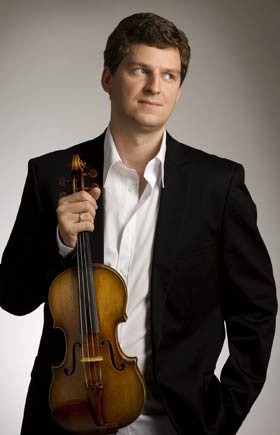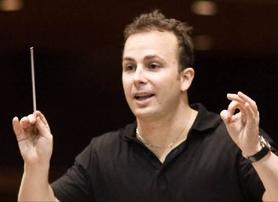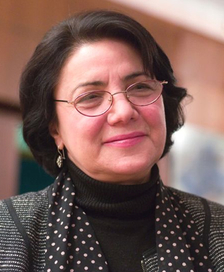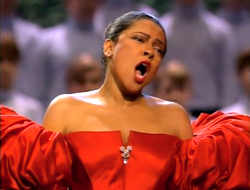 This year, Luminato was presented at the old Hearn Generating Station.
This year, Luminato was presented at the old Hearn Generating Station. The best way I can find to describe it is to say it’s directly descended from the 1982 film Koyaanisqatsi: Life Out of Balance. Like Koyaanisqatsi, the film is a montage of striking images: the screen is filled with art, landscapes, war-scenes, animals and scientific diagrams, among other things. Some of the footage looks “archival”: grainy stuff from various decades of the 20th century.




 RSS Feed
RSS Feed

